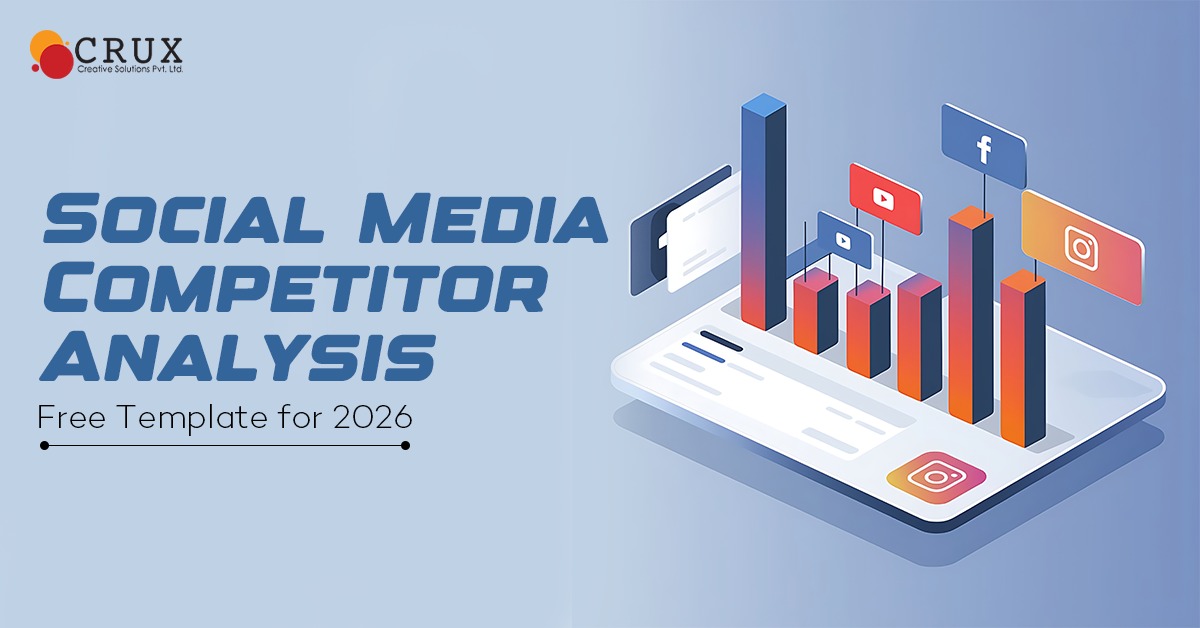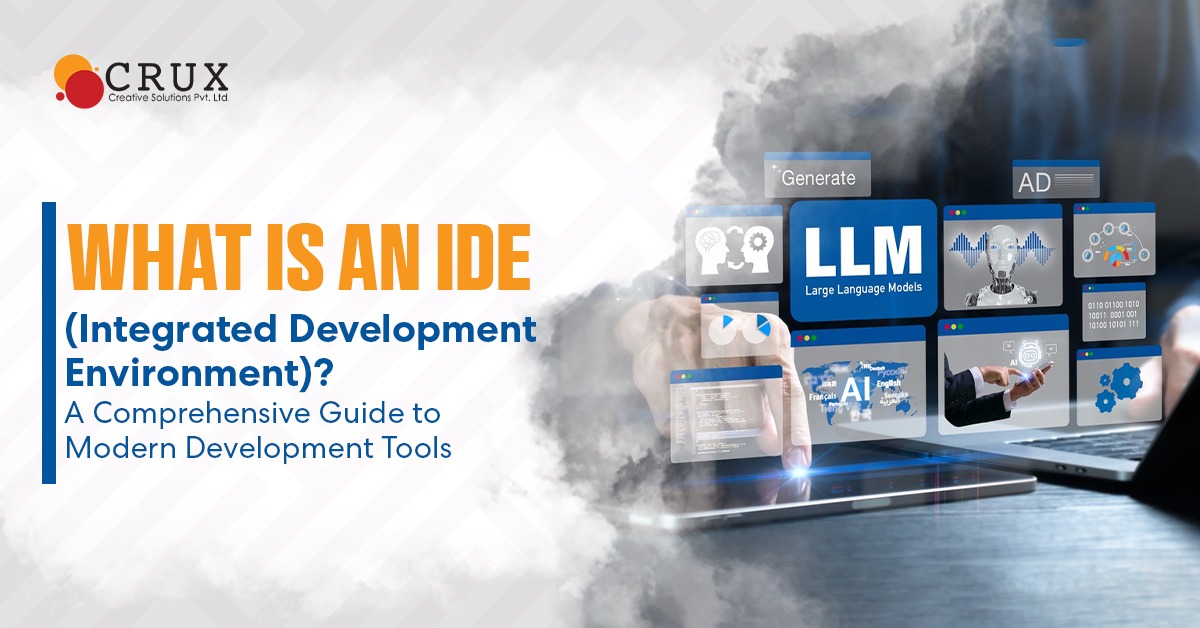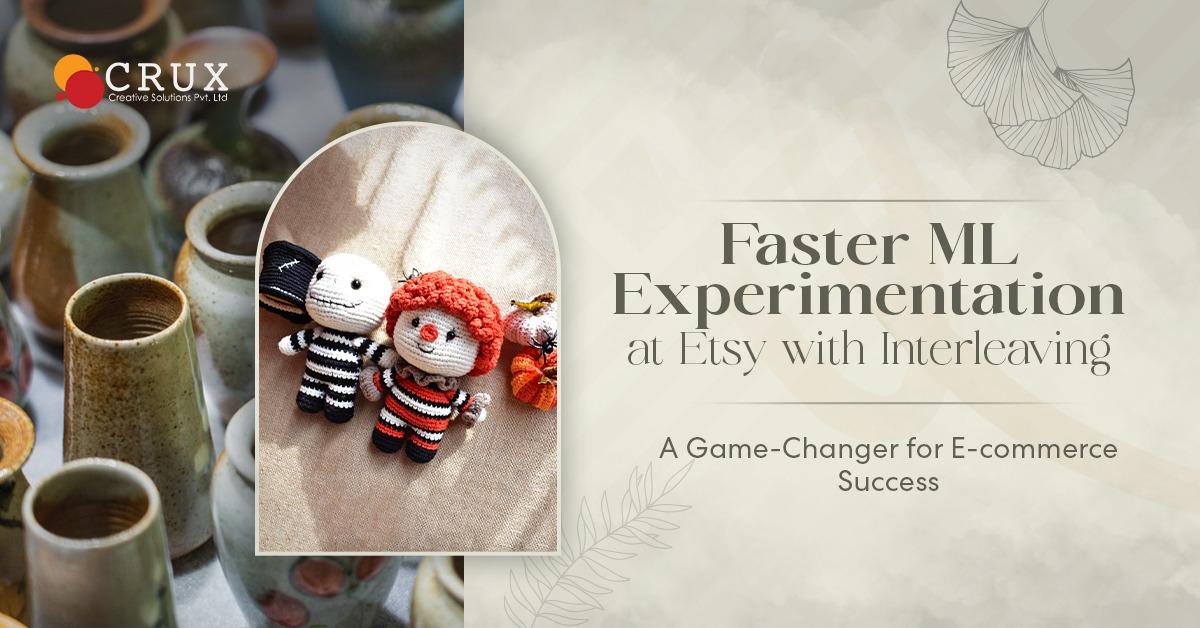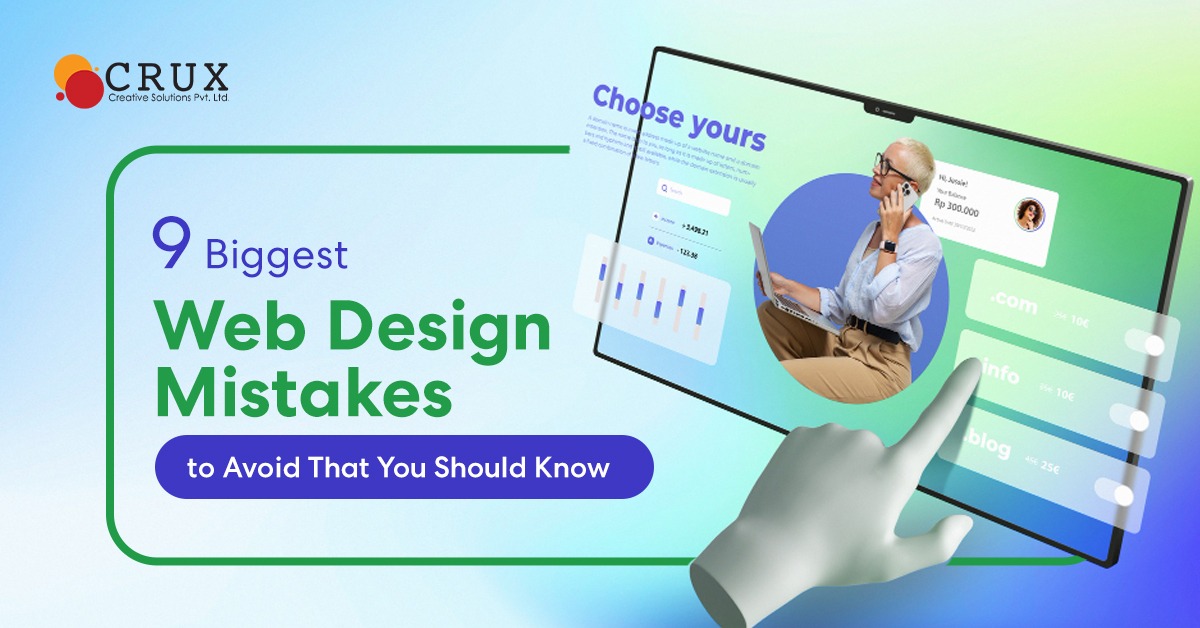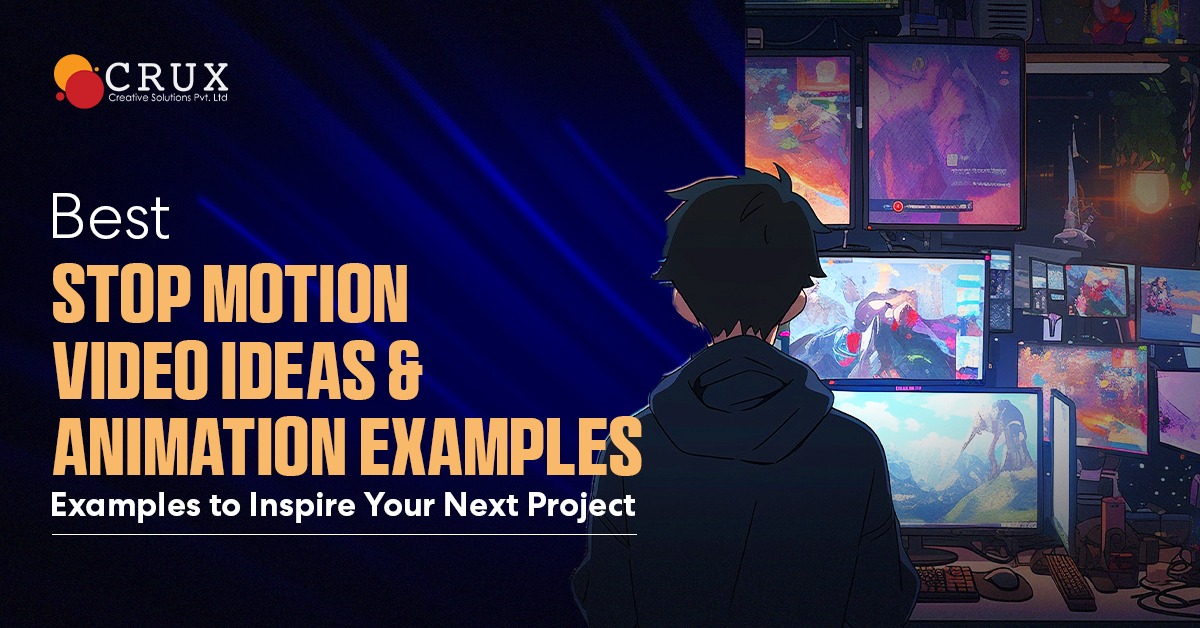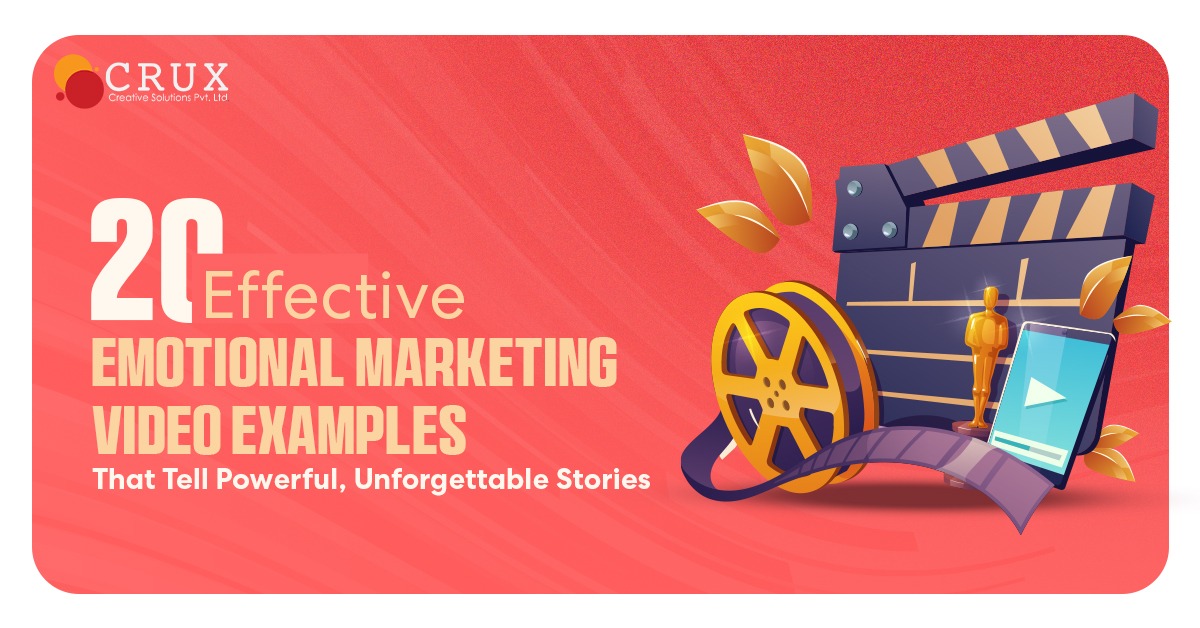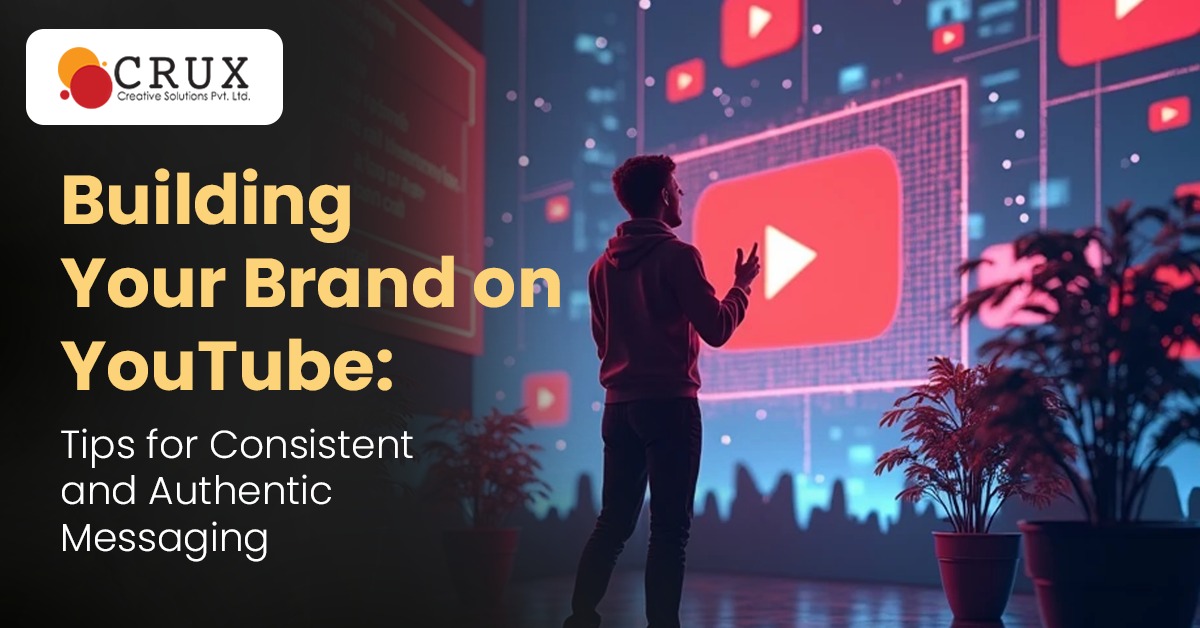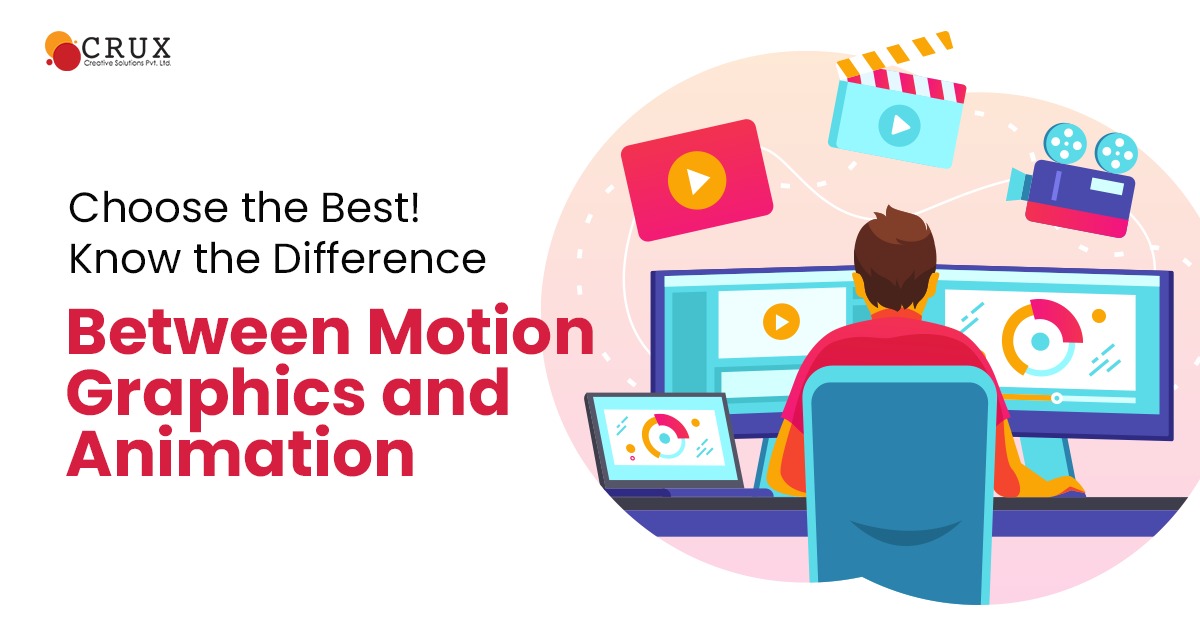
SEO vs. Paid Search: Which One is Better for Your Business?
When businesses want to improve their online presence, they often face a key decision: Should they invest in Search Engine Optimization (SEO) or Paid Search (PPC – Pay-Per-Click advertising)? Both strategies help drive traffic, generate leads, and increase revenue, but they work in different ways. Understanding the differences and benefits of each will help businesses choose the right approach.
This article explores SEO and paid search in-depth, covering their advantages, challenges, costs, and effectiveness. By the end, you'll have a clear understanding of which one suits your business best.
What is SEO?
SEO (Search Engine Optimization) is the process of optimizing a website to rank organically in search engine results. This means improving content, keywords, site speed, mobile-friendliness, and backlinks to increase visibility on search engines like Google.
How SEO Works
Google and other search engines use complex algorithms to rank web pages based on relevance, user experience, and authority. The main activities done by an SEO company in Gurgaon include:
- Keyword Optimization: Identifying and using keywords that users search for.
- Content Creation: Producing high-quality, informative content.
- Technical SEO: Improving website speed, mobile optimization, and site structure.
- Backlinks: Earning links from reputable websites to increase credibility.
Example of SEO Success
A small organic food store starts a blog about healthy eating. By writing high-quality articles targeting keywords like “best organic vegetables for weight loss”, the store gains higher rankings on Google. Over time, this leads to more website visitors and increased sales without paying for ads.
What is Paid Search?
Paid Search (PPC – Pay-Per-Click) refers to advertising on search engines where businesses pay for their website to appear at the top of search results for specific keywords.
How Paid Search Works
Advertisers bid on keywords relevant to their business. When a user searches for a keyword, Google runs an auction to determine which ads appear at the top. Ads are marked as “sponsored” and businesses are charged when users click on them.
Example of Paid Search Success
A local plumbing business wants immediate leads. It runs a Google Ads campaign targeting keywords like “emergency plumber near me”. Since these searches indicate urgent needs, the business appears at the top and receives direct calls from potential customers.
SEO vs. Paid Search: Key Differences
FactorSEOPaid SearchCostLow ongoing cost but requires time and effortImmediate cost per click, higher investment time to ResultsSlow (months to see impact)Instant resultsLongevityLong-term, sustainable traffic stops when the budget runs out click-Through Rate (CTR)Higher organic resultsLower due to ad fatigue-competition competitive, but rankings last longer high competition and bid warsControlLimited control over ranking changesFull control over ad placement and budgetTrust & CredibilityUsers trust organic results moreSeen as advertisements, lower trust
Pros and Cons of SEO
Advantages of SEO
- Cost-Effective in the Long Run – Once a website ranks well, traffic is free.
- Higher Trust & Credibility – Users tend to trust organic results more than ads.
- Sustainable Traffic – SEO efforts continue to bring results even if you stop optimizing.
- Better Click-Through Rates (CTR) – Studies show organic results get more clicks than ads.
- Improves User Experience – Faster, well-structured websites benefit users and rank higher.
Disadvantages of SEO
- Takes Time to Show Results – SEO requires months of effort before seeing results.
- Constant Updates Needed – Google frequently changes its ranking algorithms.
- High Competition – Many industries have well-established competitors with strong SEO.
- Requires Technical Knowledge – Optimizing websites involves technical aspects like schema markup and page speed.
Pros and Cons of Paid Search
Advantages of Paid Search
- Instant Visibility – Ads appear immediately once a campaign is set up.
- Precise Targeting – Businesses can target users based on location, device, demographics, and search intent.
- Scalability – Advertisers can adjust budgets to scale campaigns up or down.
- Great for Short-Term Goals – Best for time-sensitive promotions, product launches, and urgent services.
- Full Control Over Messaging – Businesses can test different ad copies and optimize for conversions.
Disadvantages of Paid Search
- Expensive Over Time – Costs accumulate, especially for competitive keywords.
- Requires Ongoing Investment – Traffic disappears once ad spending stops.
- Lower Credibility – Some users ignore ads and prefer organic results.
- Ad Fatigue – Users may become blind to ads after repeated exposure.
When to Use SEO vs. Paid Search?
SEO is Best For:
- Businesses looking for long-term, sustainable traffic.
- Companies with lower marketing budgets but time to invest.
- Content-driven businesses (blogs, news, educational sites).
- Local businesses want to rank in organic Google searches.
Example: A fitness coach publishes articles on weight loss tips. Over time, these articles rank well and attract thousands of visitors each month.
Paid Search is Best For:
- Businesses needing immediate traffic and leads.
- High-margin businesses that can afford the cost-per-click.
- E-commerce stores running promotions and seasonal sales.
- Services with urgent needs (plumbers, locksmiths, medical clinics).
Example: A flower delivery service runs ads for “same-day flower delivery” during Valentine’s Day to capture urgent buyers.
Combining SEO & Paid Search for Maximum Results
While SEO and paid search are different, they can work together for a powerful marketing strategy.
How to Use Both:
- Run Paid Ads While Building SEO – Start with PPC to get immediate traffic, then work on SEO for long-term benefits.
- Use PPC Data to Improve SEO – Analyze paid search keywords that convert well and optimize organic content for them.
- Retarget Visitors with Paid Ads – Use Google Ads to target users who visited your site but didn’t convert.
- Optimize for High-Value Keywords – Rank for competitive terms with SEO while bidding on long-tail, transactional keywords with PPC.
Example: A software company invests in SEO for ranking blog articles while running Google Ads to target specific industries with high purchase intent.
Conclusion: Which One Should You Choose?
Choosing between SEO and paid search depends on your business goals, budget, and timeline.
Choose SEO if:
- You want a long-term, cost-effective strategy.
- You are willing to wait months for results.
- You want to build credibility and brand authority.
Choose Paid Search if:
- You need immediate results and leads.
- You have the budget to sustain ad campaigns.
- You are running short-term promotions or time-sensitive offers.
For the best results, a combination of SEO and paid search will help businesses maximize their online visibility and achieve sustainable growth.
Would you like a tailored strategy for your business? Let us know your goals, and we’ll help you choose the right path! As the best digital marketing agency in Gurgaon, we have helped thousands of businesses scale organically.





